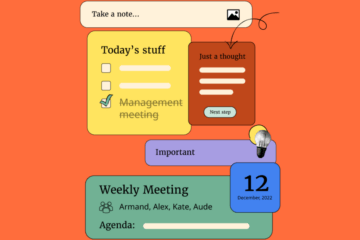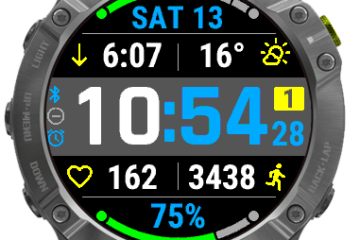Trying to decide between an iPhone or Android device? A research firm says you’re likely to get a more stable experience on a phone powered by Google’s operating system.
New data from the Blancco Technology Group (BTG) says that 62 percent of all iOS devices suffered from software failures, compared to 47 percent of Android devices. What’s more, 65 percent of iOS devices suffered crashing apps in the third quarter of 2016, more than doubling the 25 percent of Android devices that experienced the same trouble.
BTG conducts regular evaluations on app reliability on mobile operating systems. The company releases its findings each quarter, with last quarter’s report showing Android with similar reliability.
While BTG didn’t dig too deeply into why iOS might be failing more often than Android, it did point a finger at the exceedingly successful augmented reality game Pokémon Go. BTG says Pokémon Go was “one of the most unstable iOS apps” in the third quarter, crashing 5 percent of the time. It was tied with Facebook Messenger, which also crashed 5 percent of the time on iPhones. However, Pokémon Go was no match for Instagram and Snapchat, which crashed 14 percent and 12 percent of the time, respectively.
Still, those apps are far more stable than some folks might find on Android. IMS Service on Android was the most likely app to fail, crashing in 32 percent of cases. The operating system’s built-in Address Book crashed in 12 percent of cases last quarter, followed by Google Play at 10 percent.
While the news could prove sobering to Apple and iOS users, the company wasn’t alone in experiencing some stability troubles in the third quarter. On the Android side, Samsung had the highest rate of device failure at 11 percent, according to BTG.
All that said, it’s hard to qualify just how big of a problem the failures are for the average user. Software crashing on mobile devices is a decidedly regular occurrence and could usually be fixed by reopening the app and getting back to where you were. Even if a device crashes, turning it back on isn’t so onerous.
In addition, BTG says that in some cases, users —and not shoddy design — are causing apps to crash. In the case of Pokemon Go, for instance, the game sometimes failed because users couldn’t put it down and caused the server the game was running on to crash. It’ll be interesting to see next quarter’s numbers, now that the buzz around Pokémon Go has faded since its summer success.
Turning to hardware, BTG said that overheating was the biggest iPhone and iPad problem in the third quarter. Meanwhile, Android devices suffered from trouble with their USB ports and carrier signals, BTG says.
[Source:-Toms Guide]



